"Runaway Bombing": The bomber problem, how would you choose?
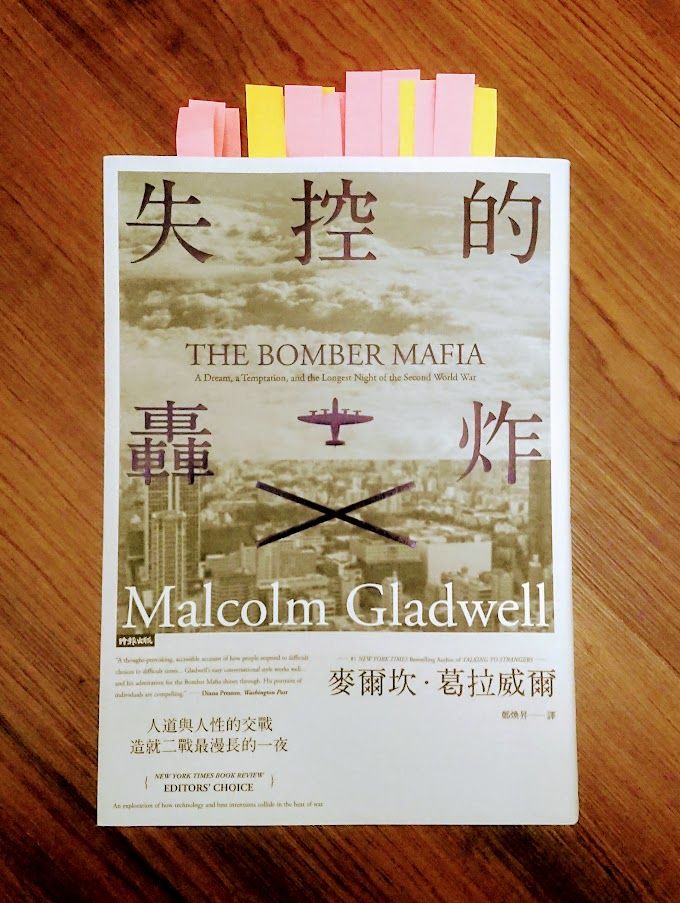
Imagine an out-of-control train going wild, with five people tied to the tracks in front of you and unable to move. At this point you have a joystick in your hand to turn the train to the other track, but there is also a person tied to the track here...
Would you choose to pull down the joystick?
The above is the classic trolley problem in philosophy. The two protagonists in the book "Runaway Bombing" introduced today: Hamill and Li Mei also face similar moral dilemmas, but they control not trains, but bombers .
The author of this book is the famous Malkan. Gravel . With his skillful writing, he brings readers wonderful stories of World War II air battles and brings out profound human thinking. Let's take a little bet on the style of this book.
【Bomber Dream】
In the 1930s, before the Air Force became independent and attached to the Army, the Air Force Base at Maxwell Field housed an institution called the Army Aviation Tactical School. The story begins with a small group of dreamers in the school who call themselves the bomber mafia . Their belief is to "change warfare with the Air Force".
Such confidence comes from an imagination: precision bombing .
The goal of precision bombing is this: bombers can hit and destroy any target they want to attack on the ground at an altitude of 30,000 feet.
As long as you can accurately destroy important targets on the ground as above, you can easily paralyze enemy countries and force them to surrender. In this way, a "clean" war can be fought, changing the tragic situation in which traditional wars are protracted and countless casualties.
I have a dream of this form of destruction, and the many more possibilities that extend from it, to make the victims of air combat open their mouths to beg for peace.
- Tang Nuo. Wilson
Originally, the expectations of the bomber mafia were only theoretical and difficult to implement. But in Carl. Everything seemed possible when Norden , the paranoid scientist invented the "bombsight" thing.
And the outbreak of World War II at this time gave this group of mafia an opportunity to play...
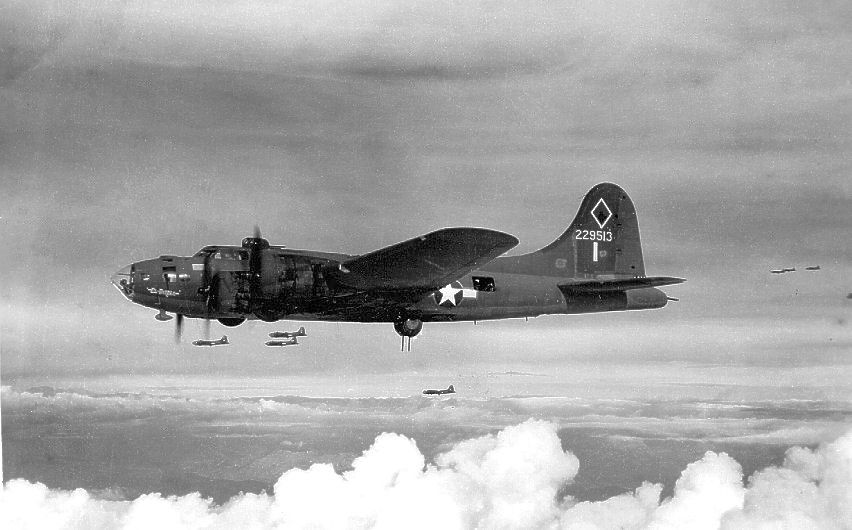
【Skinny in actual combat】
The outbreak of World War II gave the bomber mafia an opportunity to flex their muscles, eager to prove the importance of precision bombing.
Where are you going to fight? After much deliberation, they decided to attack the Nazi "roller bearing factory" in Schwenford. Roller bearings play an important role in modern warfare, without them many implements would not function. The mafia thought it was it. As long as these factories were destroyed, the Germans would be unable to fight any more and could only raise the white flag to surrender.
Responsible for carrying this plan is Haywood. General Hansel , a believer in precision bombing.
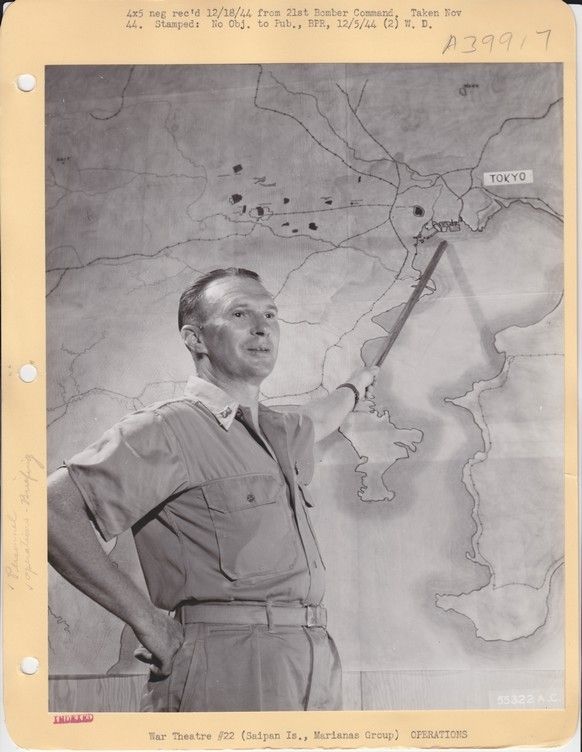
In order to make the bombing go smoothly, the Army Air Corps staff devised a two-stage air strike strategy, and asked a young Colonel Curtis. Emerson. LeMay played the bait and attacked Regensburg, where the German bombers were produced, so that the German army could not return to the really important Schwenford bombing.
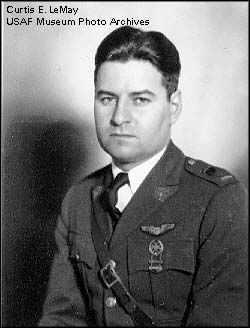
As a result, the two most important characters of the book: Hansel and Li Mei, have appeared. Gravel's description of the two men is probably one of the best parts of the book. Hansel is brilliant and energetic, and is an out-and-out bomber dreamer; Li Mei is pragmatic and determined, and everything is based on the results of actions. The entanglement between the two is basically the main theme of the book.
Okay, let's get back to this airstrike first. Say the result directly: a big failure.
The bomber mafia had an overly optimistic vision of actual warfare. The first is that in the case of mass production, the accuracy of the sight is greatly reduced, and it cannot hit the target as expected; there is a more important factor: the weather. If you want to bomb accurately, it is basic to see the target clearly. Unfortunately, the day of the battle happened to encounter heavy fog.
Although Li Mei, who was the bait, overcame the thick fog to complete the mission, the main bomber took off after a delay of "several hours". The Germans thus had a space to regroup against. Under the attack of the US and the German army, the US military suffered heavy losses and lost dozens of planes. To make matters worse, of the 2,000 bombs they dropped, only 80 hit their target, which was not "accurate" at all.
【Dilemma of choice】
Schwenford's failure became a shadow of the bomber mafia. Time turned to the end of World War II, and the enemy the United States had to deal with became Japan. Hansel once again led the way to paralyze Japan from the air. This time, he turned the target of precision bombing to Japan's "aircraft factory".
But the weather once again spoiled them, this time with a "jet stream". Under such strong wind interference, it was simply impossible to successfully hit the aircraft factory. "Precision bombing" is extremely inefficient, and faith is once again being tested.
At this time, we ushered in an important invention that changed the war: the burning bomb .
This thing can burn all kinds of things on the surface. Especially in Japan, the wooden houses all over the floor are simply fire. The U.S. Army hopes that Hansel can abandon precision bombing and use large-scale "indiscriminate fire attacks" to directly hit towns and destroy Japanese morale.
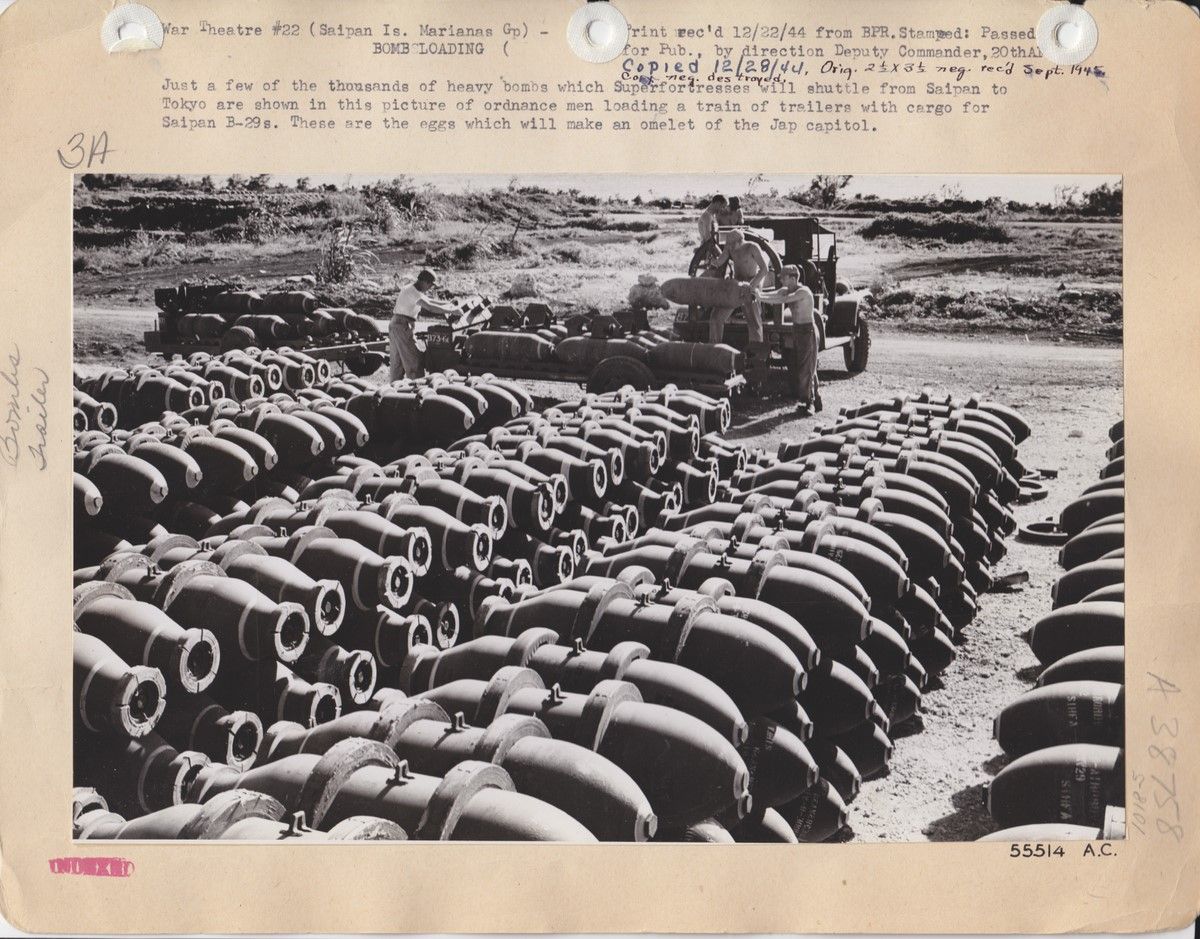
This goes against the idea of the bomber mafia. do you remember? What they want is a clean war. Burning bombs are obviously far from clean. It was impossible for Hansel to burn and bomb civilians, so he repeatedly found reasons to delay the bombing.
So, Hansel was out. LeMay was sent by the U.S. military to take his place.
The pragmatic Li Mei resolutely turned to the arms of the burning bomb. On March 9, 1945, he launched an all-out air raid on Tokyo.
If you were in Tokyo that night and looked up at the sky, you'd be greeted by a rare sight—thousands of bright green daggers falling from the sky.
In an instant, Tokyo at night became a sea of fire. The Japanese-style wooden houses were completely vulnerable, and the people could only flee in a hurry. Overnight, no less than 100,000 people became war dead.
Before the building was affected by the flames, it burst into flames on its own. Mothers running for their lives with their babies strapped to their backs didn't realize their babies were on fire until they stopped to catch their breath.
Since then, Li Mei has bombed Osaka, Kure, Kobe and other cities indiscriminately, and the number of dead souls under the fire is too large to estimate.
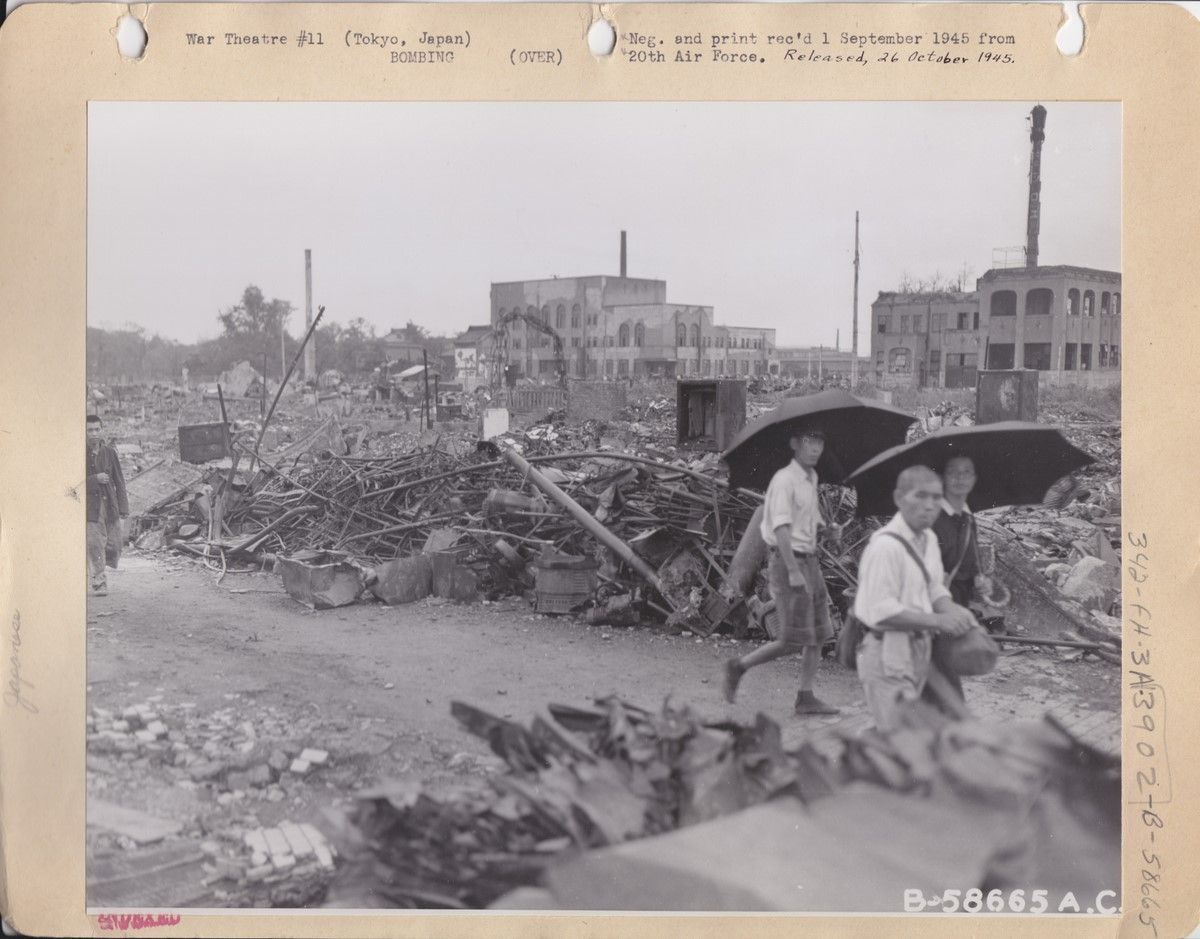
What followed was what everyone knew: two atomic bombs hit Hiroshima and Nagasaki, Japan surrendered, and the war ended.
For Li Mei, his fire attack had already completely hit Japan, and the atomic bomb was just superfluous. As Lao Ge described: The real work has long been done.
Here's the story. If it were you, how would you choose? Is it Hansel or Li Mei?
【How will I choose? 】
The interesting thing about reading history is that you can put yourself in it and torture your soul. Think about what choices you would make if you stood in that moment
The recent church shooting in Southern California just gave me a torture session. Seeing that Taiwanese Dr. Zheng Dazhi was shot and killed by the gunman, I couldn't help thinking, if it were me, would I have the courage to stand up? The answer seems to be no. Thinking that this may cause more casualties, I can't help but feel a little disappointed in myself.

The question Hansel and LeMay face in the book is even more complicated: should we insist on clean precision bombing? Or will we end the war by unscrupulous means?
Gravel stands with Hansel without hesitation in the book. even say:
Curtis. LeMay won the battle. Heywood. Hansel won the war.
One of his reasons is that precision bombing is now a reality with technological advances. In other words, give technology a little more time, and a "clean war" can come.
But in that moment, is there time to wait?
One theory is that Li Mei's bombing gave Japan more reason to surrender, which avoided a US landing operation and a possible famine in Japan. From this perspective, the indiscriminate killings of the present can actually reduce the number of deaths in the future.
Going back to what I said at the beginning, this seems to be a deformed train problem. Li Mei's behavior is like choosing to sacrifice one person to save five people in the tram problem. But is it really so? Assuming Japan was bombed so indiscriminately and still did not surrender, would the sacrifices of these people be "in vain"?
Another reason Gravel supports Hansel is basic humanitarian considerations. Burning civilians is an unacceptable option.
Recently, I happened to watch "Thank you for finding me in the corner of the world", an animated film of World War II from the perspective of Japanese civilians. The location in the movie is exactly Wu City, which was bombed by Li Mei. Therefore, the fire attack in the book is not only a text, but a vivid movie image to me: cannonballs continue to cut through the sky like fireworks; people flee in a hurry in the fire; children struggle to drive away maggots from their dead mother...
I think I'd pick Hansel, but not for some noble reason or thoughtful consideration, just simply the courage to not kill. But what if doing so would end up killing more people? Like the church incident, I was still disappointed in myself during this torture.

Think a little deeper and look at the ongoing Russian-Ukrainian war. Now that precision bombing has been achieved, is the war really "clean"?
The more I think about it, the more my doubts increase...
[Postscript: Reflections on the Story]
This is the first time I read Glawell's work. It can only be said that a famous master is a famous master. Seeing him skillfully crawling through a large amount of historical materials and explaining such complex events in such an easy-to-read and beautiful way made me completely immersed in it, and the book bottomed out in the blink of an eye.
And his portrayal of Hansel and Li Mei is especially powerful. The two people seem to be a shadow of light in his pen, and they echo each other. But it also got me thinking, is such a powerful storytelling really good?
As mentioned above, Gravel stood on Hansel's side without hesitation. In the book, he even cites Satan's temptation of Jesus as such a strong way to allude to LeMay's immorality in accepting the bomb. I can't help but feel a little intimidated by such a bold wielding of storytelling authority.
As a reader, what I saw was his cut-and-sewed appearance of the incident, but would such an appearance deviate from the truth? But then again, does the so-called "reality" really exist?
Although there are some doubts, it can make me think that these may be another layer of value of this book. As a history book, Glawell did achieve the effect of popularization. I'll be looking for more of his books to read in the future.
In the end, I think, history doesn't necessarily teach people a lesson to stop being stupid. But these stories always remind us to make more careful choices in every moment. History has no ifs, but there are more possibilities in the future.
Articles you may also be interested in:

↓↓You are also welcome to follow the Facebook and mourning of "Mrs's Reading Space"↓↓
James' reading space FB
James' reading space IG
Like my work? Don't forget to support and clap, let me know that you are with me on the road of creation. Keep this enthusiasm together!


- Author
- More